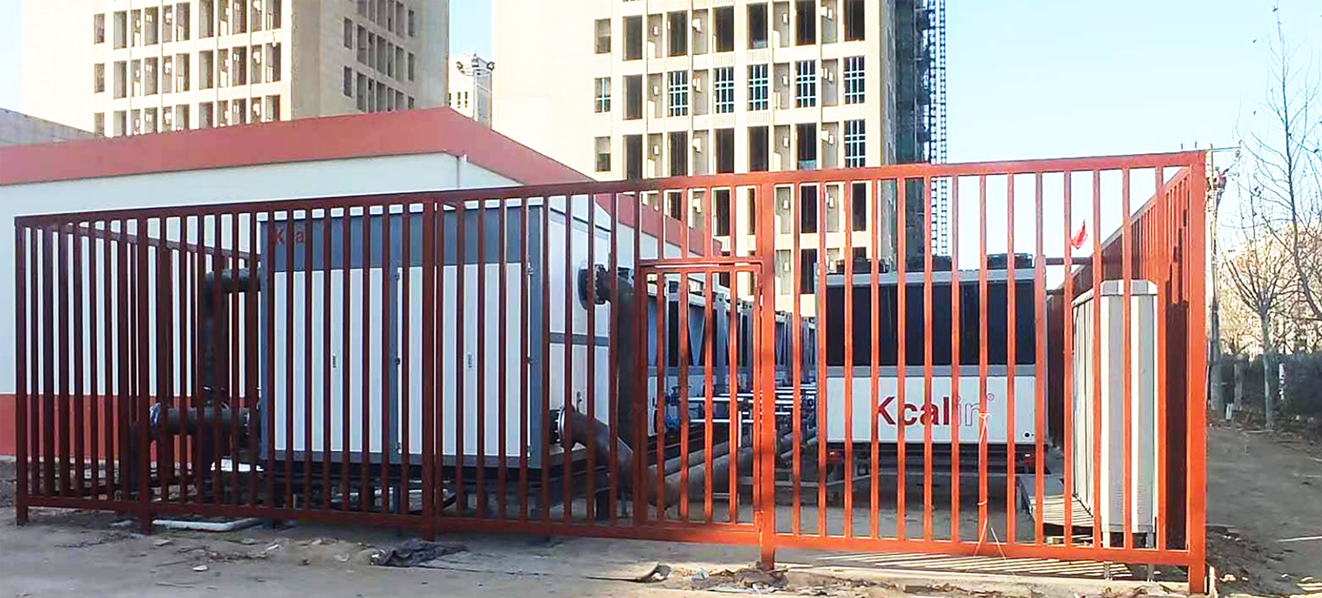In fields such as pharmaceuticals, electronics, and biotechnology, the ventilation system of purification workshops is a key component in ensuring the cleanliness, sterility, and safety of the production environment. Choosing a suitable engineering system is crucial for ensuring efficient ventilation in purification workshops.
The importance of ventilation in purification workshops
The function of the purification workshop: The main goal of the ventilation system in the purification workshop is to ensure cleanliness and air quality during the production process. These workshops are typically used for manufacturing pharmaceuticals, electronic components, food, and other industries that require extremely high environmental conditions.
Importance: Avoid pollution: The ventilation system of the purification workshop can control the concentration of dust, microorganisms, harmful gases, and particulate matter to ensure that the product is not contaminated.
Personnel health: Maintaining clean air helps to protect the health and safety of workers.
Regulatory requirements: Many industries must comply with strict regulations and standards to ensure product quality and safety.
Choosing a suitable ventilation system for the purification workshop requires comprehensive consideration of multiple factors:

Workshop type: The ventilation requirements for purification workshops vary among different industries. For example, pharmaceutical workshops require a highly sterile environment, while electronic manufacturing workshops need to control micro dust and static electricity.
Cleanliness level: Select the ventilation system based on the required cleanliness level in the workshop. There are usually ISO 14644 cleanliness levels, ranging from ISO 1 (high) to ISO 9 (low).
Air flow: Determine the required ventilation air flow to ensure timely removal of harmful substances and maintenance of cleanliness.
Filtration system: Select appropriate filtration systems, including HEPA (High Efficiency Particle Air Filter) and ULPA (High Efficiency Particle Air Filter). The selection of filtration system depends on the required cleanliness level.
Air distribution: A well-designed air distribution system to ensure uniform distribution of clean air to various areas of the workshop.
Designing an efficient ventilation system for purification workshops requires comprehensive consideration of multiple aspects:
Air flow: Ensure orderly air flow to avoid dead corners and cross contamination. Optimize air flow using Computational Fluid Dynamics (CFD) simulations.
Temperature and humidity control: Maintaining stable temperature and humidity is the key to ensuring the stable operation of the purification workshop. Choose appropriate refrigeration and humidification equipment.
Safety: Ensure that the ventilation system meets safety standards, including safety measures in case of emergency shutdown and exhaust failure.
Energy conservation: Considering energy efficiency, choose efficient fans and energy recovery systems to reduce operating costs.
Once the ventilation system of the purification workshop is installed, monitoring and maintenance are key to ensuring the continuous and efficient operation of the system.
Air quality monitoring: Regularly monitor air quality, including the concentration of particulate matter, microorganisms, and harmful gases. Ensure that the system meets the cleanliness level requirements.
Regular maintenance: Regularly maintain the ventilation system, including replacing filters, cleaning air ducts, and inspecting fans. This helps to extend system life and reduce operating costs.
The efficient purification workshop ventilation system is crucial for industries such as pharmaceuticals, electronics, and biotechnology to ensure product quality and staff safety. Choosing appropriate systems, designing efficient ventilation schemes, and monitoring and maintaining systems are all key to ensuring the normal operation of the system. I hope these key points can help professionals from different industries choose and manage efficient purification workshop ventilation systems, thereby achieving cleanliness and safety in the production process.







Comment